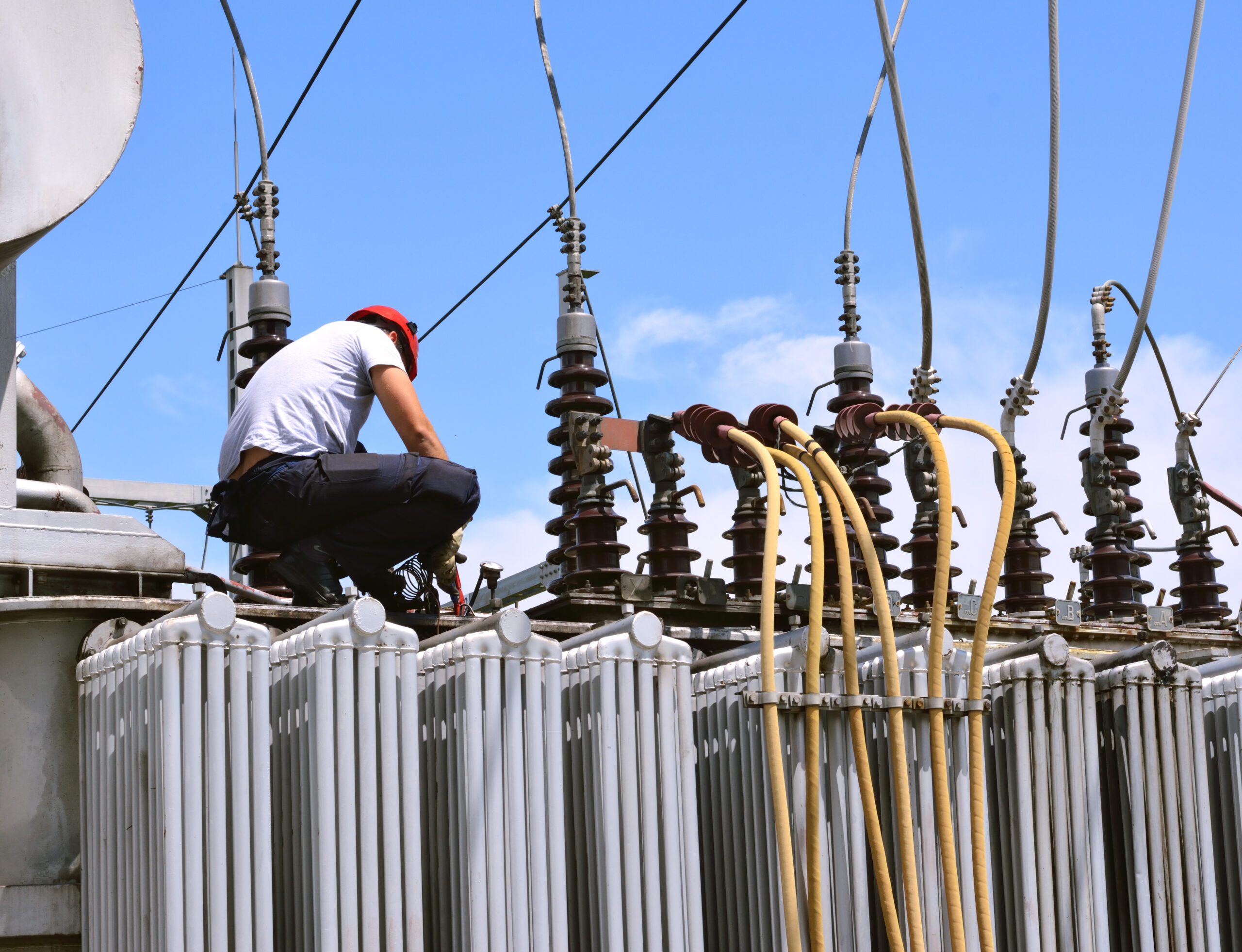JCL Journal
What to Expect When You’re Expecting (Service and Repair)JCL Energy gives you an inside look at the service and repair process for your industrial transformer units.

In a world full of inconvenience, JCL Energy is here to make your life a little easier- at least in terms of service and repair for your transformers! I sat down with Chad Wilkinson, a JCL Energy sales team member with over 20 years in the electrical industry. Chad answered my questions and gave me the inside scoop on how JCL Energy makes the service and repair process fast and easy for our customers.
How many service and repair experts are currently working for the JCL Energy team?
Right now, we have 7 service and repair professionals working out of our Sharon, PA location. We also recently made the announcement that our service team was growing. We added 2 more service professionals in South Carolina, which extends the area in which we can provide field services by quite a bit. The S.C. team will mainly focus on field service, while our team in P.A. can handle both in the field and in-house repairs.
Does JCL Energy only do service and repair for units we sold? Are we also able to provide service and repairs for units from other distributors?
We can work on transformers for anybody here. If the unit is under warranty from someone else you would have to get permission before we could work on it. Otherwise you would waive the terms of the warranty. But outside of that, we are able to help anybody out with what they need.
If a customer has an issue with one of their units, what would be their first step? Who should they contact?
If you already have a contact here at JCL you can reach out to that contact directly, and they will get you started on the process. We’re going to be funneling the service calls for the “upper east coast” through myself [Chad]. Once our new team in South Carolina gets situated the “lower east coast” service calls will be handled by Tyler. Another way you can reach us for service and repair is to call 724-983-1300. We’ll connect you with the right person and get you scheduled.
Once we have their information, how do you start the process of evaluating what services or repairs the unit needs? Do you do a “full inspection” or do you work on specifically what the customer requested?
It depends a lot on the situation. If you aren’t sure what the issue is, we start by asking several questions, specifically if you have a Dissolved Gas Analysis. (In layman’s terms, that’s like when you go to the doctor and they draw blood to look for any issues.) That test will tell us what is going on inside the transformer. At that point, if it is possible to get the unit into our shop we’ll do an “inspect and advise” where we perform testing and take another oil sample.
Once we get those tests back, if it is safe to go inside the unit we can open it up for a visual inspection. Once all that is completed, we can go back to you the customer and let you know what we found and what our recommendations are. At that time we can also give you a quote for the cost of repairs.
How do you decide if a unit can be serviced in the field instead of being brought into the shop?
Many times when we service a unit in the field, we already know what the problem is. We don’t like to send people out for field repairs if we don’t know the issue, because then we have to essentially guess what the issue is and what we’ll need. If we don’t have what we need for the repairs we’ll need to come back. We want to avoid charging you for two trips, so it’s usually easier to do field service on repairs where we already know the issue.
On average, is it more common for us to provide service and repairs in the field, or in-house?
It really is case-by-case. If it comes to us in-house, it’s for issues where no one really knows what is going on. For field service, it is more for issues that have already been identified, like a leaking bushing that we can send someone out to fix.
For a unit needing in-house repair, how does the unit get to you? Who handles the logistics?
It depends on the customer’s situation. If you have a transportation company or method you want to use, we’ll give you the details and receiving hours and you can ship it to us. If you don’t have access to transportation for your unit, we can send a truck to your site for pickup. You load it onto our truck and we’ll bring it back to our shop and add the freight costs to your invoice.
Once a unit is in the shop, is there an average lead time on completing the repairs, or is it based on your current workload?
It is all based on what needs to be done with the unit. We need time to get the inspections and testing done and give you our recommendations before we can begin any service and repairs. If we have to order parts for the repair we also have to take into consideration the lead time for the parts to arrive. We’ll give you an estimate for each job based on these factors and our other workload.
Once a unit has been serviced, how does the unit get back to the customer?
Just like shipping to us, you have the option to provide your own method of transportation to pick up the unit and ship it back to your site. We can also ship it for you and add the cost of freight to your invoice.
Is there anything else you would say to our prospective customers?
At the end of the day, results are what matter. We do our best to make the entire process fast and easy! Let our team of experts take care of your service and repair needs. We’re always just a phone call or email away!


